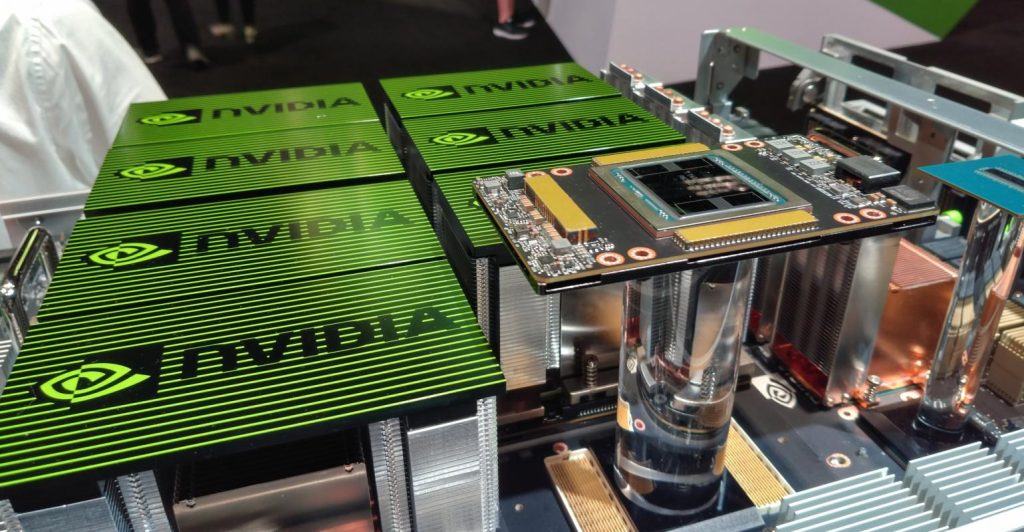Trump’s potential Nvidia deal with China raises national security risks
The decision marks a departure from traditional US national security policy, which typically maintains strict export controls on sensitive technologies.

The US President Donald Trump has shattered decades of US national security precedent by striking a deal with Nvidia and AMD that allows the sale of certain banned AI chips to China, but at a certain price.
In an arrangement without modern parallels, the companies will resume exports of their H20 processors to the Chinese market in exchange for giving the US government a 15% share of related revenues.
The move reopens a channel for sensitive technology sales and introduces a transactional element into what had long been treated as a matter of uncompromising national security.
For decades, Washington’s export controls on strategic technologies were blunt instruments: if a product was deemed too sensitive, no amount of corporate lobbying or lost revenue could override the ban.
Trump’s approach breaks from that tradition, effectively monetising access to restricted technologies. He has even floated the idea of allowing a weakened version of Nvidia’s cutting-edge Blackwell chip to be sold in China, a possibility that has set off alarm bells among national security hawks.
Republican and Democratic lawmakers have condemned the decision, warning it risks transforming US security policy into a ‘pay-for-play’ system.
Representative John Moolenaar, who chairs the House Select Committee on China, argued that export controls should remain a first line of defence against adversaries, not a bargaining chip. His Democratic counterpart, Raja Krishnamoorthi, cautioned that putting a dollar value on national security sends the wrong message to both allies and rivals.
The Trump administration has defended the arrangement by downplaying the risk. Commerce Secretary Howard Lutnick called the H20 Nvidia’s ‘fourth-best’ chip, noting that it is already widely used in China. The administration also framed the move to keep Chinese companies tied to US technology rather than turning to rival suppliers. Yet questions loom over the legality of the revenue-sharing scheme.
Trade experts have raised the possibility that it could be interpreted as an export tax, something the US Constitution prohibits, though details of the agreement remain opaque.
Beyond legal debates, the financial implications are significant. Analysts predict the levy could cut gross margins on China-bound chips by as much as 15 percentage points, trimming overall profitability for Nvidia and AMD.
In turn, this change of course could prompt other US companies selling strategic goods to China, from aerospace to advanced materials, to wonder if they too will face similar revenue-sharing requirements.
For some, it could be a costly burden; for others, it might be the only way to retain access to China’s lucrative market.
Would you like to learn more about AI, tech and digital diplomacy? If so, ask our Diplo chatbot!
